
Home
Publications
Publications
Showing 0 to 0 of 0 results
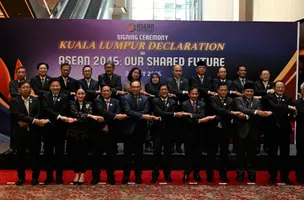
Statements
2025-05-30T17:39:11
ASEAN Vision 2045 Falling Short on Human Rights and Democratic Reform, Says APHR
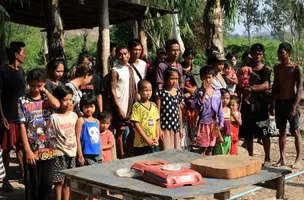
Statements
2025-05-30T10:03:16
ASEAN’s Statement on Expanded Ceasefire Falls Short; Myanmar Crisis Needs Concrete Measures, Says APHR

Events
2025-05-26T10:31:40
Bridging Parliament and People: APHR at the ASEANPeoples2025@ASEAN2025
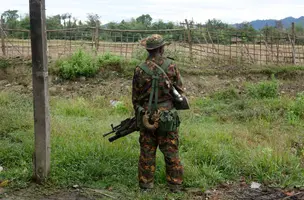
Statements
2025-01-11T14:39:27
APHR Condemns Myanmar Military’s Atrocities in Rakhine: Urgent Call for Action
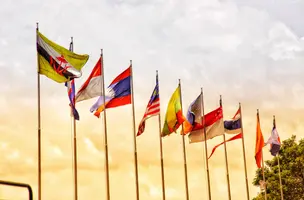
Statements
2024-12-18T16:41:49
ASEAN must take decisive Action on Myanmar at Upcoming Meetings in Thailand
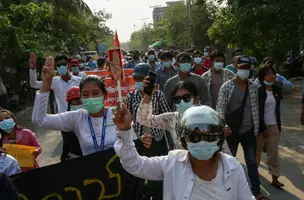
Reports
2022-11-02T17:51:46
The International Parliamentary Inquiry publishes its report urging the global community to support democracy in Myanmar
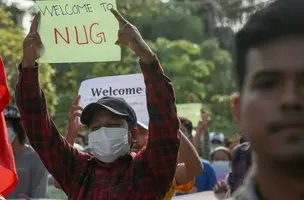
Statements
2021-10-26T02:03:00
Parliamentarians call on ASEAN to take concrete steps on Myanmar at Summit, meet with NUG
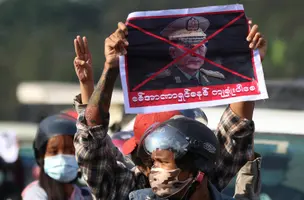
Open Letters
2021-10-13T01:10:00
Open Letter to ASEAN Leaders Re: Myanmar’s presence at the ASEAN Summit
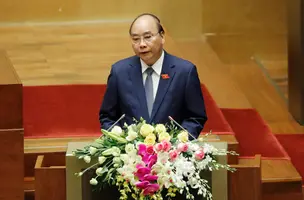
Open Letters
2020-06-25T08:12:58
Open Letter: Leaders must address COVID-19 human rights concerns at 36th ASEAN Summit
TOP
ASEAN Parliamentarians for Human Rights (APHR) was founded in June 2013 with the objective of promoting democracy and human rights across Southeast Asia. Our founding members include many of the region's most progressive Members of Parliament (MPs), with a proven track record of human rights advocacy work.
Copyright © 2024-2025 All Rights Reserved - ASEAN Parliamentarians for Human Rights (APHR)
Website by Bordermedia